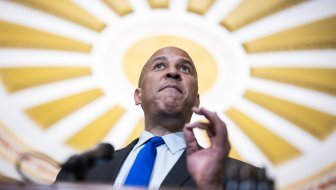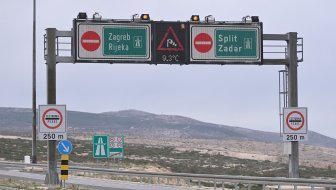Prime Minister Zoran Milanovic told Parliament on Tuesday that he would propose that the 1999 border demarcation agreement with Bosnia and Herzegovina be ratified by a two-thirds majority of votes, although he was certain that a qualified majority was enough for the ratification under the Constitution.
Speaking during Question Time, Milanovic said that the former government led by the Croatian Democratic Union (HDZ) had explained that the arbitration agreement on border demarcation with Slovenia required only a qualified majority, although the document provided the arbitration commission, which was subsequently set up, with powers to identify the border line independently.
Milanovic criticised HDZ officials, notably Davor Ivo Stier, for changing their mind and now being against the ratification, although it was they who had proposed the ratification of the Croatia-Bosnia border agreement on two occasions, the last one being in July 2010.
He dismissed Stier's claims that Bosnia was making the construction of the Peljesac bridge conditional on the agreement.
"No one from that country is making any demands. A Bosnian minister gave an injudicious statement, but it had no influence on anything," Milanovic replied to Stier.
He said that his cabinet wanted to comply with what Croatian President Franjo Tudjman had signed and what had been implemented for 13 years on the ground.
Milanovic said that Tudjman knew what he was doing when he signed the agreement with Bosnia and Herzegovina's President Alija Izetbegovic.
"Stop making a fool out of him," Milanovic said, calling on MPs to vote for the ratification of the 1999 agreement.
"Everything that was negotiated was in Croatian interests," the PM said adding that under the agreement Croatia gained 15 hectares of territory more than Bosnia. He said that Croatia would remain dominant in the Adriatic sea, and called on MPs not to fall for statements by locals who were pushing for their narrow local interests.

































